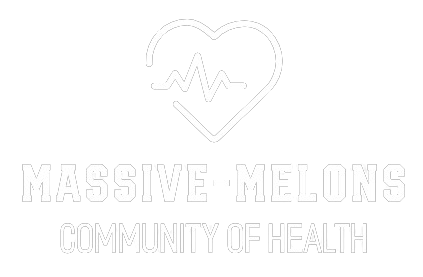mental wellness workshops are becoming increasingly vital. These workshops provide individuals with the tools and strategies needed to manage stress, improve self-care, and promote overall mental well-being. Whether you’re organizing a mental wellness workshop for employees, students, or community members.
Define Clear Objectives:
Begin by defining clear objectives for the mental wellness workshop. What do you want participants to learn or take away from the session? Clearly outline the goals and outcomes you hope to achieve, whether it’s stress reduction techniques, coping strategies, or fostering a supportive community.
Tailor Content to Audience Needs:
Understand your audience’s demographics, interests, and needs. Tailor the workshop content to resonate with participants and address their specific concerns. Consider conducting surveys or interviews beforehand to gather insights into their challenges and preferences.
Incorporate Interactive Activities:
Engage participants with interactive activities that encourage participation and collaboration. Incorporate group discussions, role-playing exercises, mindfulness practices, and experiential learning activities to make the content more engaging and memorable.
Provide Practical Tools and Resources:
Equip participants with practical tools and resources they can apply in their daily lives. Provide handouts, worksheets, and recommended readings to reinforce key concepts and encourage ongoing learning beyond the workshop. Consider developing digital resources or apps for easy accessibility.
Foster a Safe and Supportive Environment:
Create a safe and supportive environment where participants feel comfortable sharing their experiences and asking questions. Establish ground rules for respectful communication and confidentiality to build trust and rapport among participants.
Include Expert Speakers and Facilitators:
Invite expert speakers, therapists, or mental health professionals to share their knowledge and insights during the workshop. Their expertise can provide valuable perspectives and guidance on managing mental health challenges effectively. Ensure facilitators have the necessary qualifications and experience to address sensitive topics with sensitivity and empathy.

Encourage Self-Reflection and Goal Setting:
Encourage participants to reflect on their personal experiences and identify areas for growth and improvement. Guide them in setting realistic goals and action plans to support their mental wellness journey. Provide opportunities for individual reflection and journaling throughout the workshop.
Promote Follow-Up and Continued Support:
Offer follow-up sessions, support groups, or online forums where participants can continue their learning and receive ongoing support. Provide resources for accessing mental health services, such as counseling, therapy, or support hotlines, if needed. Stay connected with participants through email newsletters or social media to offer additional resources and encouragement.
Evaluate and Iterate:
Gather feedback from participants at the end of the workshop to evaluate its effectiveness and identify areas for improvement. Use this feedback to iterate and refine future workshops, ensuring they meet the evolving needs of your audience. Monitor long-term outcomes and track participant progress to measure the workshop’s impact over time.
Practice Self-Care for Organizers:
Finally, prioritize your own mental wellness as the organizer of the workshop. Practice self-care strategies to prevent burnout and maintain your own well-being. Seek support from colleagues, friends, or mental health professionals as needed to ensure you’re able to effectively support others.
By implementing these essential tips, you can create a successful mental wellness workshop that empowers participants to prioritize their mental health and cultivate resilience in their lives.






















